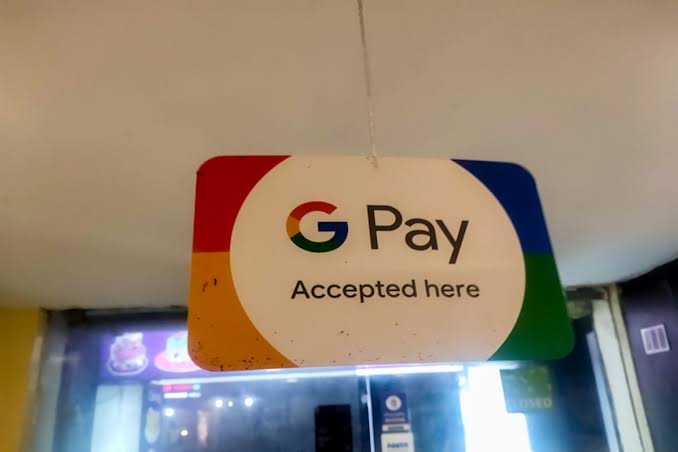
The NPCI, which oversees payment systems in India, has suggested that transactions above Rs 2,000 made through Prepaid Payment Instruments (PPIs) using the Unified Payments Interface (UPI) should be charged an interchange fee.
The NPCI has recommended a fee of up to 1.1%, which is intended to generate additional income for banks and payment service providers who have been facing high costs associated with UPI transactions.
The interchange fee structure will be assessed and evaluated by September 30, 2023.
In India, UPI is the most popular and widely used payment system that enables individuals to transfer funds between bank accounts instantly via their mobile phones. Conversely, PPIs are digital wallets that permit users to store money and make payments. There are a few PPIs available in India, including Paytm, PhonePe, and Google Pay.
An interchange fee is a charge that a bank levies on another bank for processing a transaction. In the case of UPI transactions, the bank of the merchant (the entity receiving the payment) pays the interchange fee to the bank of the payer (the person making the payment).
The implementation of an interchange fee on UPI transactions above Rs 2,000 through PPIs, such as mobile wallets, will not affect individual users making personal transactions using UPI. The new fee will only be applicable to merchants who accept payments through PPIs.
At present, the majority of UPI transactions are for smaller amounts. The NPCI says it hopes that incentivizing PPI providers to encourage higher-value UPI transactions will boost the average transaction value and decrease the overall cost of payment systems in India.
The NPCI’s recommended interchange fee of up to 1.1% aligns with the guidelines set by the Committee on Payments and Market Infrastructures and the World Bank, which suggests a fee of up to 1.15% for UPI transactions.
However, the final decision on the implementation of the interchange fee rests with the Reserve Bank of India (RBI), the regulator of payment systems in India. The NPCI has submitted its proposal to the RBI, and it remains to be seen whether the recommendation will be approved.



